How Israel Could Destabilize Iran
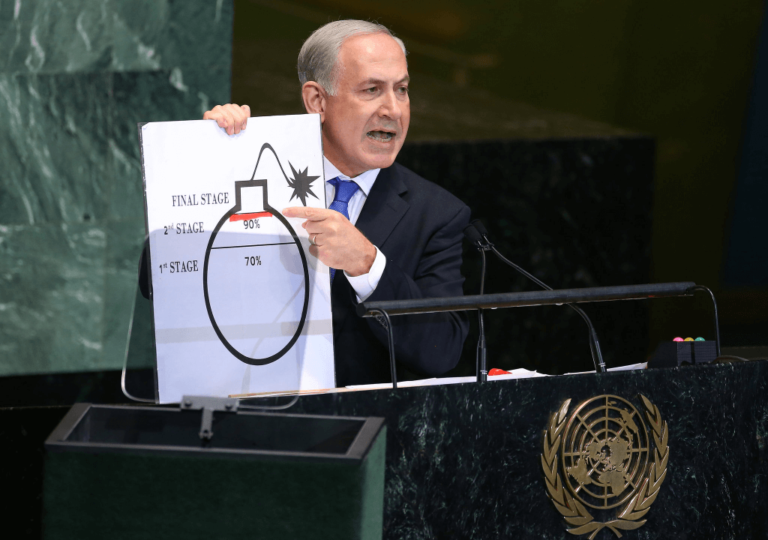
Iran faces potential fragmentation as Israel escalates its military strategy against the Islamic Republic, risking broader conflict

Iran faces potential fragmentation as Israel escalates its military strategy against the Islamic Republic, risking broader conflict
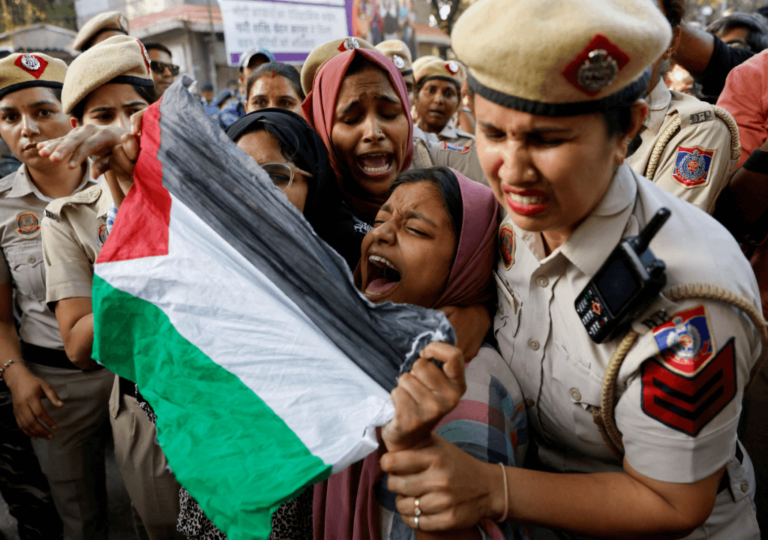
Protests in South Asia over the Israel-Palestine conflict reveal deep religious ties and societal divisions amid local issues
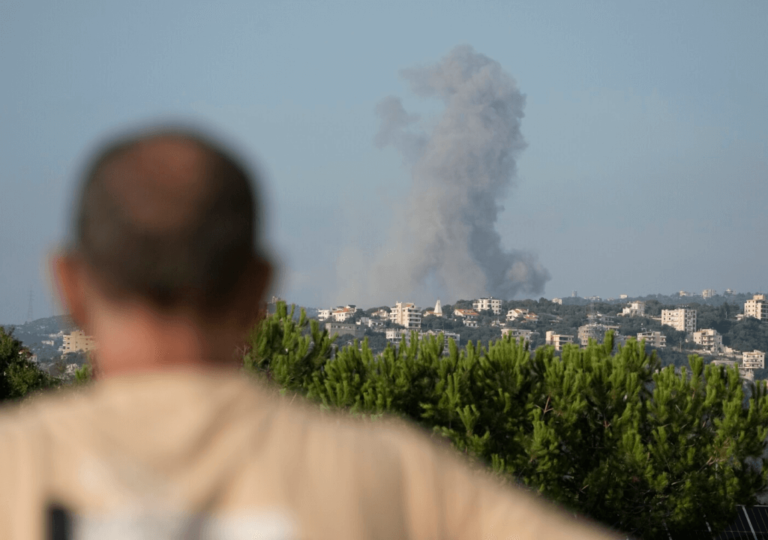
Israel intensifies its military campaign against Hezbollah, resulting in over 500 casualties in Lebanon amid growing conflict
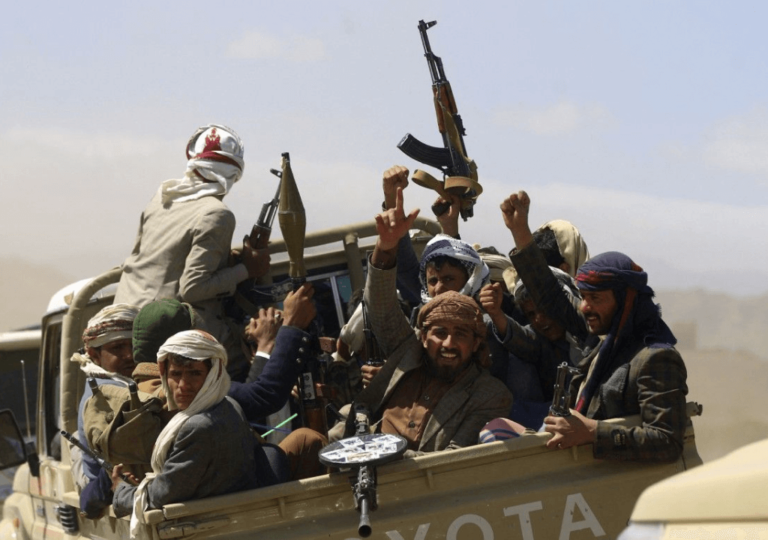
Pro-Palestinian accounts celebrate the Houthis missile strike on Israel, raising security concerns for Saudi Arabia and the region

Israel's war on Gaza continues, with the U.S. facing challenges in mediating effectively amid political divide
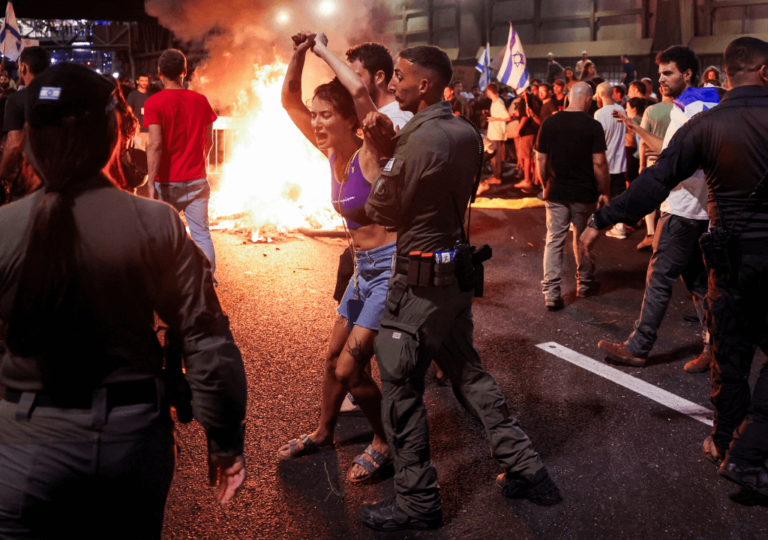
Protests erupt in Israel demanding a ceasefire and the return of hostages after six bodies were discovered in Gaza
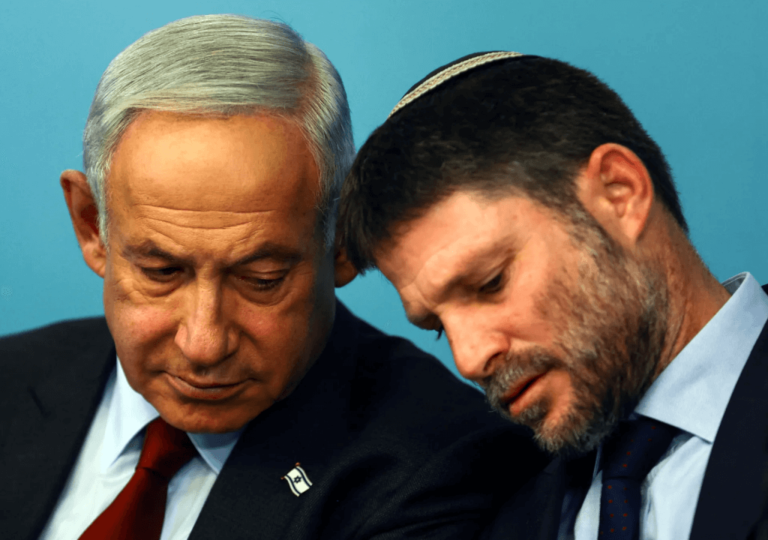
Israel's actions against Hamas are expanding throughout Palestinian territories, raising concerns over the future of a Palestinian state
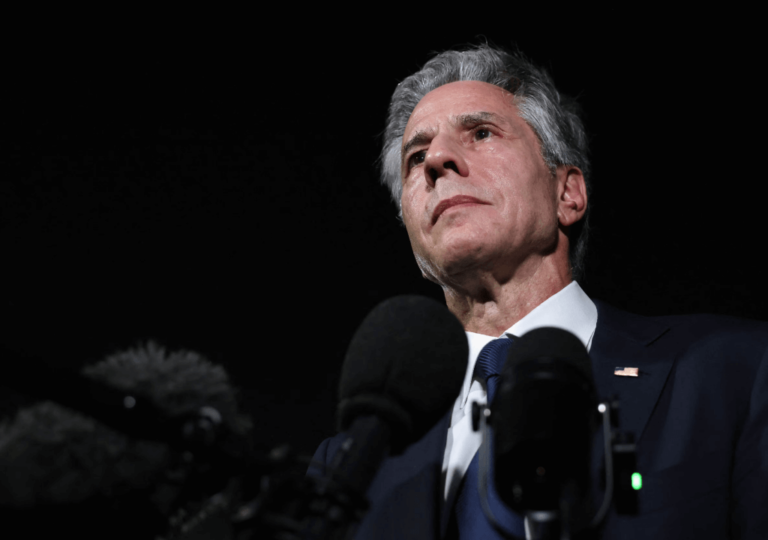
A U.S. ceasefire demand in the Israel-Hamas conflict faces resistance as humanitarian crises deepen in Gaza
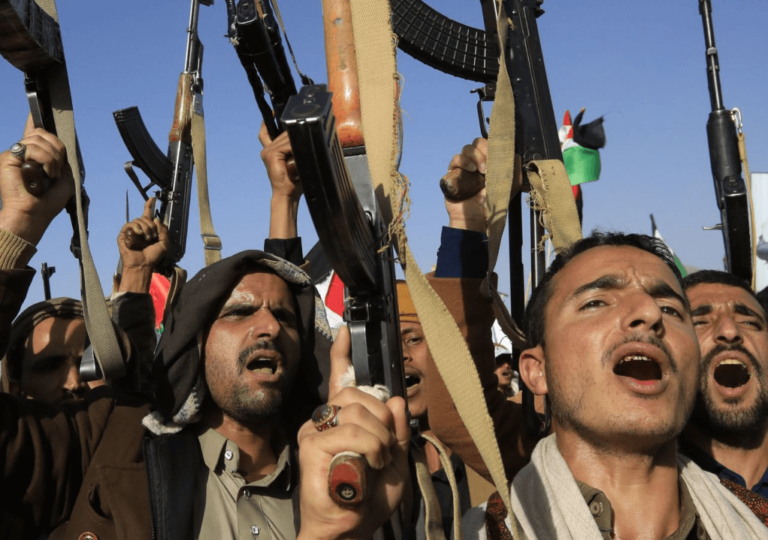
The Islamic world lacks a superpower to challenge Israel due to U.S. dominance and weakened regional leadership
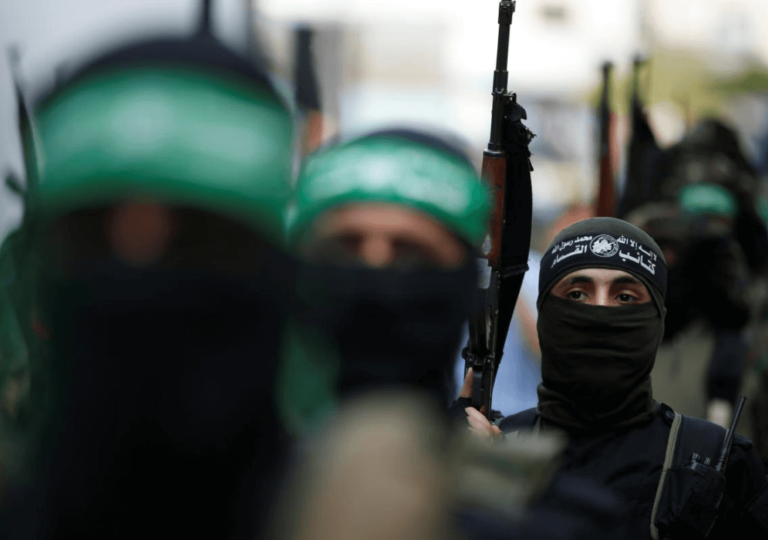
Gaza conflict fuels radicalization among youth, raising global terrorism concerns